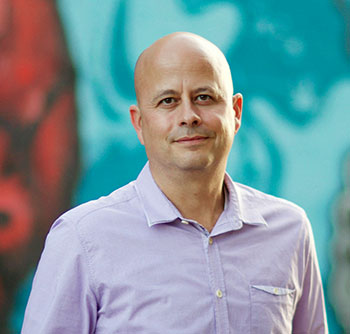
New research suggests people with chronic pain would rather use cannabis over their recommended medicine.
Chronic pain sufferers and those taking mental health meds would rather turn to cannabis instead of their prescribed opioid medication, according to a new study.
“This study is one of the first to track medical cannabis use under the new system of licensed producers, meaning that all participants had physician authorization to access cannabis in addition to their prescription medicines,” says UBC Assoc. Prof. Zach Walsh, co-author of the study.
The study tracked more than 250 patients with prescribed medical cannabis—people treated for conditions such as chronic pain, mental health and gastrointestinal issues. Overall, 63 per cent of respondents reported using cannabis instead of their prescription drugs, which included opioids (to treat pain), benzodiazepines (sedatives) and anti-depressants.
Study lead Philippe Lucas is vice-president of Patient Research and Access at Tilray, a federally authorized medical cannabis production and research company, and a doctoral student at the University of Victoria Centre for Addictions Research of BC. Lucas suggests the main reasons for the switch to cannabis from prescribed meds is due to reduced side effects, better symptom management and a feeling that cannabis is safer than prescription drugs.
Walsh goes on to suggest cannabis may have an important role to play in addressing the problematic use of pharmaceutical medications such as opioids.

UBC Assoc. Prof. Zach Walsh, co-author of the study.
In 2001, Canada became one of the first nations to develop a program to allow access to cannabis for medical purposes. As of August 2016 more than 30 federally authorized licensed producers of cannabis provided product to more than 65,000 patients.
“Further research into how well cannabis works compared to the accepted front-line treatments is warranted,” says Walsh. “Additionally, long-term research into the potential impact of the cannabis substitution on the quality of patient’s lives is ongoing.”
The study, published in International Journal of Drug Policy, was funded by Tilray.
—30—